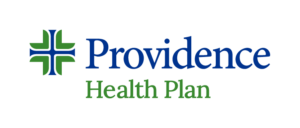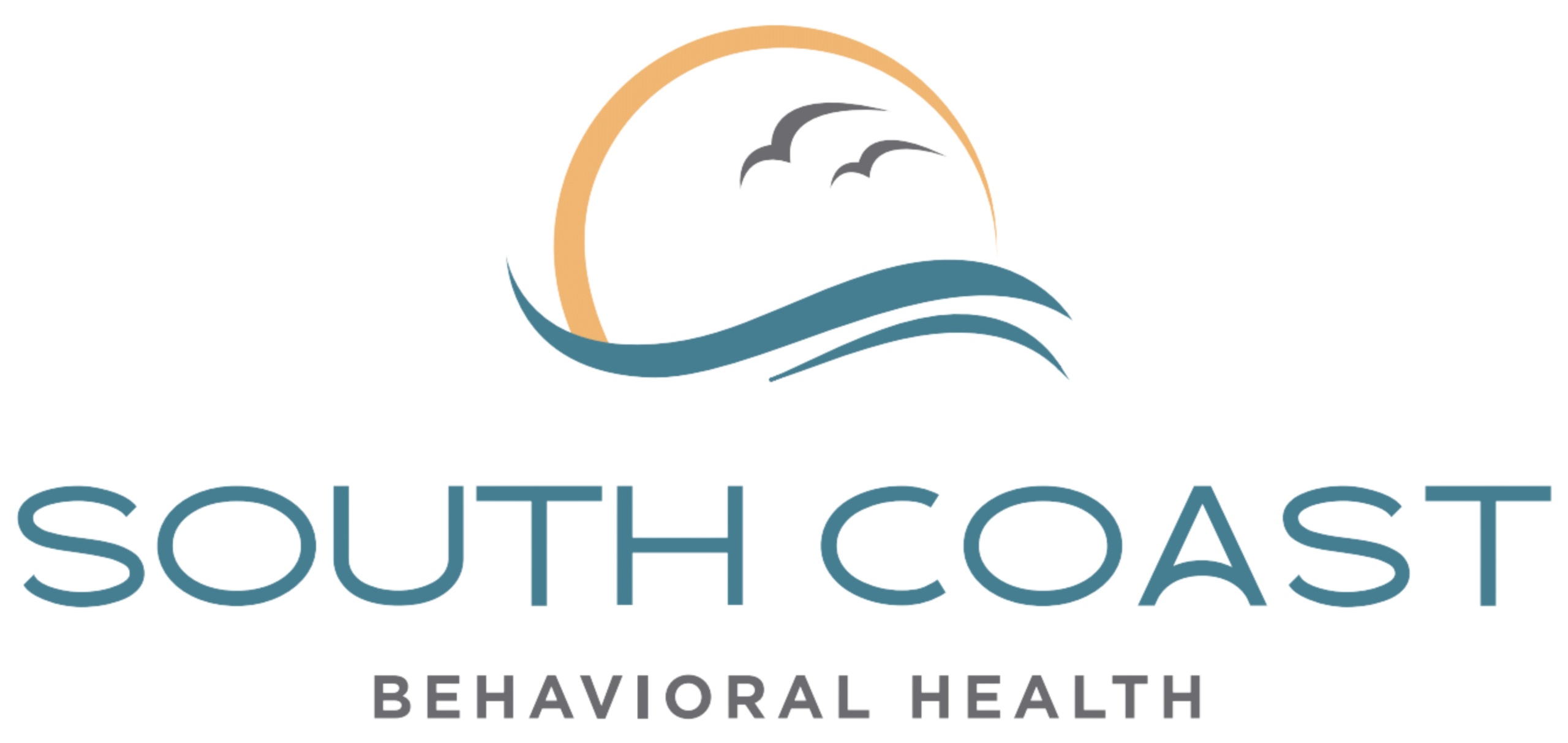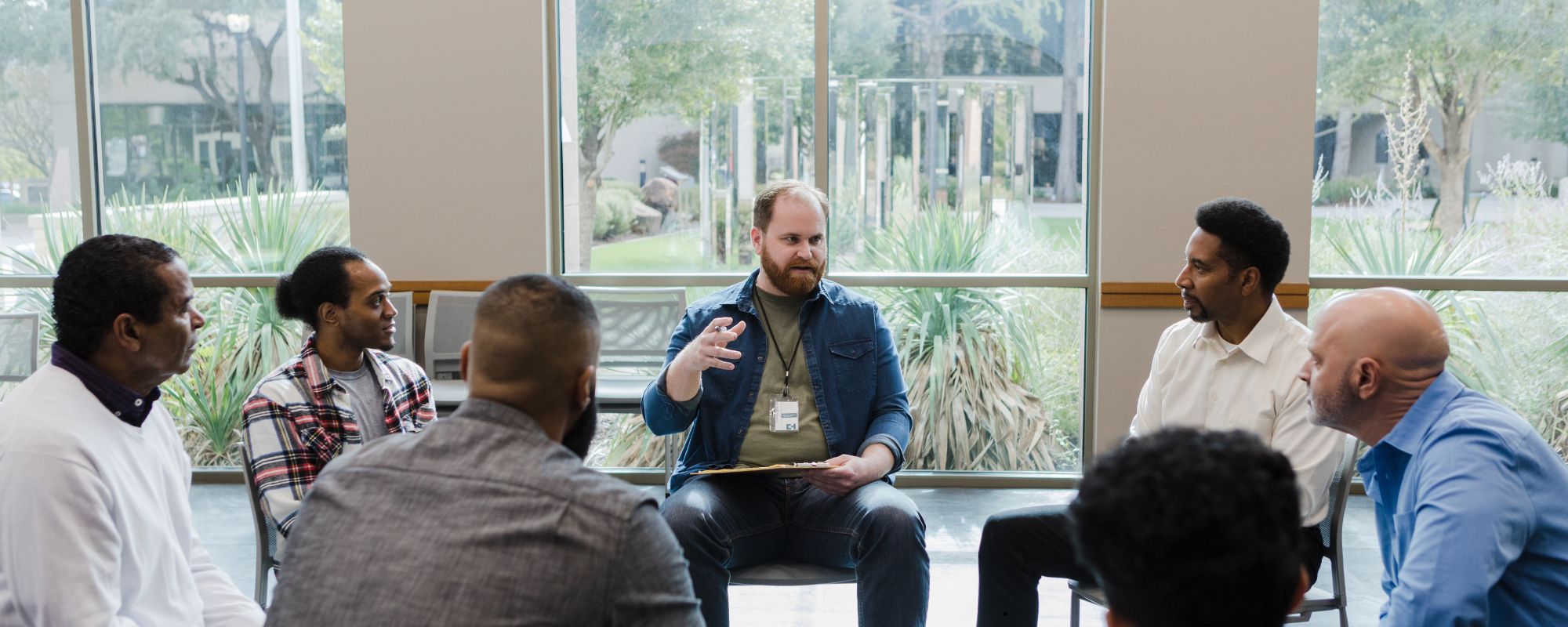In 2023, overdose deaths in the US hit a new record of 112,000. That’s more deaths than due to shootings or car accidents. The staggering human toll of this ongoing tragedy and crisis has inspired awareness initiatives like Black Balloon Day. Black Balloon Day is a day of remembrance that takes place on March 6th. It’s a day to commemorate those who lost their lives to overdose.
What Is Black Balloon Day?
Black Balloon Day is an event dedicated to raising awareness about drug overdoses and commemorating the lives lost to drug addiction. It’s observed annually on March 6th, serving as a day of remembrance and awareness for those who have died or suffered from drug overdoses. The day encourages people, communities, and organizations to display black balloons, often outside their homes or in public spaces, as a symbol of mourning and a call to action against the ongoing drug epidemic.
The initiative for Black Balloon Day began with a family in the United States in 2016 following the death of their son due to an overdose. They chose a black balloon as a symbol of mourning and a visual representation of the loss felt by families and communities affected by drug-related deaths.
Since its inception, Black Balloon Day has gained traction across the United States and in various parts of the world, with individuals, families, communities, and organizations participating to honor those who have died and to spread awareness about the dangers of drug abuse and the importance of addiction treatment and support services.
The day is marked by various activities, including educational events, vigils, and community gatherings, aimed at highlighting the impact of drug addiction and overdose deaths. It also serves as a reminder of the importance of compassion, support, and understanding for those struggling with addiction, as well as the need for accessible and effective treatment options.
What Does It Mean to Overdose?
When someone overdoses it means they took too much of a certain substance (drug). Overdosing occurs when the amount ingested surpasses the level at which the substance can be safely metabolized or managed by the body, leading to toxic effects. Both physical and psychological consequences can occur as a result.
Consequences of a substance overdose may include:
- Respiratory Depression: Many substances, especially opioids, can significantly slow breathing, leading to hypoxia (lack of oxygen to the brain), which can cause coma or death.
- Cardiovascular Problems: Overdoses can lead to increased heart rate, high or low blood pressure, arrhythmias (irregular heartbeats), and even heart attacks.
- Neurological Effects: These can range from mild (dizziness, confusion, headaches) to severe (seizures, strokes, coma, and permanent brain damage).
- Gastrointestinal Distress: Symptoms can include nausea, vomiting, abdominal pain, and diarrhea. Severe cases may lead to dehydration or chemical imbalances in the body.
- Renal Failure: Some substances can cause direct toxic effects on the kidneys or lead to conditions (like rhabdomyolysis, where muscle tissue breaks down rapidly) that overload the kidneys with toxins.
- Liver Damage: The liver is crucial for metabolizing substances, and an overdose can lead to acute liver failure or long-term damage, impacting the body’s ability to filter toxins.
- Psychological Effects: Beyond the immediate physical health risks, overdosing can have long-term psychological effects, including anxiety, depression, and post-traumatic stress disorder (PTSD).
- Addiction and Dependence: Repeated overdoses, especially with substances like opioids, can lead to or indicate a deepening cycle of addiction and physical dependence.
- Death: In the most severe cases, overdosing can lead to death. This is particularly true if the overdose is not treated promptly or if the substance involved is highly toxic.
- Legal and Social Consequences: Overdosing can also lead to legal issues, hospitalization, and challenges with employment and relationships, further impacting an individual’s life and well-being.
While death does not always occur during a substance overdose, it is a distinct possibility, especially with substances like alcohol or opioids. More people in the U.S. die due to overdose than due to shootings or car accidents. Black Balloon Day is dedicated to raising awareness of this issue.
Looking for quality substance abuse treatment that’s also affordable? South Coast accepts most major insurance providers. Get a free insurance benefits check now.
Check Your CoverageWhat Are the Most Common Drugs People Overdose?
In the United States, the landscape of drug overdoses has evolved, but certain substances consistently rank as the most common culprits behind overdose incidents.
These include:
Opioids
This class of drugs includes prescription pain relievers (such as oxycodone, hydrocodone, and morphine), synthetic opioids (such as fentanyl), and heroin. Opioids are particularly dangerous because they can depress the respiratory system to the point of failure, leading to death. Synthetic opioids like fentanyl and nitazenes are especially concerning due to their high potency, often being 50 to 100 times more potent than morphine, making them a leading cause of opioid-related overdoses.
Benzodiazepines
Commonly prescribed for anxiety, insomnia, and seizures, drugs like alprazolam (Xanax), diazepam (Valium), and lorazepam (Ativan) can cause severe central nervous system depression when taken in high doses or combined with other substances, particularly opioids.
It is crucial to be cautious with the dosage and avoid mixing medications that can potentiate the depressant effects. Awareness and education about the dangers of drug interactions are essential in preventing overdose incidents.
Stimulants
In addition to opioids and benzodiazepines, stimulants like cocaine and methamphetamine are substances commonly associated with overdoses. This includes prescription medications such as amphetamines (Adderall) and methylphenidate (Ritalin), as well as illicit drugs like cocaine and methamphetamine. These drugs can cause severe cardiovascular issues, including high blood pressure, heart attacks, and strokes. Overdoses of stimulants can lead to heart attacks, strokes, and severe psychological effects.
Alcohol
Often overlooked in discussions about overdoses, alcohol is a common cause of overdose either by itself or when combined with other drugs. Excessive alcohol intake can lead to alcohol poisoning, which affects the brain’s ability to control critical life-support functions such as breathing, heart rate, and temperature control.
These drugs represent the most common causes of overdose deaths in the U.S., reflecting broader public health challenges, including the opioid crisis and the prevalence of prescription medication abuse. Efforts to reduce overdose deaths include improving prescription drug monitoring programs, increasing access to treatment for substance use disorders, and expanding the availability of naloxone, a life-saving drug that can reverse opioid overdoses. Days like Black Balloon Day, which help raise awareness of the problem, are also important.
How Can I Raise Overdose Awareness?
Raising awareness about overdose is crucial in helping to prevent drug-related deaths and supporting those affected by substance abuse.
Here are some effective ways to help raise awareness for overdoses, including the mention of Black Balloon Day:
- Educational Programs: Implementing educational programs in schools, workplaces, and community centers that inform individuals about the risks of drug use, signs of overdose, and the importance of seeking help can be powerful. These programs can include information on how to use naloxone, a life-saving medication that can reverse the effects of an opioid overdose.
- Social Media Campaigns: Utilize social media platforms to share stories, facts, and statistics about overdoses. Creating engaging content such as infographics, videos, and interactive posts can help spread the message widely and quickly.
- Community Events: Organize or participate in community events such as workshops, seminars, and health fairs to educate the public about overdose prevention and support services available. These events can provide a platform for survivors and families to share their experiences, which can be powerful and impactful.
- Supporting Harm Reduction Policies: Advocating for and supporting harm reduction policies and practices, such as safe injection sites and access to clean needles, can help reduce the risk of overdose and spread awareness about safer drug use practices.
- Promoting and Participating in Black Balloon Day: Participating in Black Balloon Day can involve hanging black balloons outside your home or workplace, sharing stories and messages on social media using specific hashtags, and attending or organizing local events and vigils.
- Collaboration with Local Health Departments and Organizations: Partnering with local health departments, hospitals, and non-profit organizations focused on addiction and overdose prevention can amplify efforts to raise awareness. These partnerships can facilitate access to resources, expertise, and platforms for wider outreach.
- Personal Stories and Testimonials: Sharing personal stories and testimonials from individuals and families affected by overdose can humanize the issue and create a deeper impact. These stories can be shared through various platforms, including blogs, podcasts, social media, and public speaking events.
- Training and Distribution of Naloxone Kits: Offering training on how to recognize the signs of an overdose and how to administer naloxone can save lives. Distributing naloxone kits to the public and educating them on their use is a direct way to empower individuals and raise awareness about overdose prevention.
By employing these strategies, individuals and communities can play a significant role in raising awareness about the dangers of overdose, promoting prevention strategies, and supporting those affected by substance use disorders.
Get confidential help from our addiction treatment specialists in Orange County. Call to join our rehab program today!
Call 866-881-1184Addiction Treatment at Our Orange County, CA Rehab Centers
If you or a loved one are seeking addiction treatment, South Coast Behavioral Health is here to help. That way we can prevent another list of people lost to overdoses in the future. The first step in treating addiction is a medical detox. This means using drugs to manage withdrawal symptoms.
Our medical detox program in California is staffed by caring and compassionate professionals who can provide you with medications to manage your withdrawal symptoms.
At South Coast, we take pride in offering care that is closely tailored to specific issues. To that end, we offer gender-specific detox programs, with medical detox for men in Irvine, CA, and medical detox for women in Huntington Beach, CA.
After detoxing, proper treatment can begin.
Treatment for substance abuse takes place along an entire spectrum of care. Along that entire spectrum are various behavioral therapies, support groups, and the use of medically-assisted treatment (MAT).
These levels of treatment are, in order, as follows:
Residential Treatment in California
After completing medical detox, you’ll receive inpatient treatment in Orange County California. There, you’ll receive medically-assisted treatment and dual diagnosis treatment to deal with any cravings or co-occurring mental health issues you may be battling.
We also offer residential treatment facilities in Costa Mesa, Irvine, and Huntington Beach for those who desire gender-specific treatment. There, patients get round-the-clock medical attention and monitoring while living at the institution full-time.
In addition to individual and group counseling and medication management, you’ll also have access to leisure activities and family support services.
Partial Hospitalization in California
Most clients start substance abuse treatment with South Coast in our residential treatment program. After completing that, many desire something that still provides structure and support, but with extra space and time to oneself. For that, we offer Partial Hospitalization in Newport Beach.
A step down from inpatient care but with more structure than conventional outpatient programs, partial hospitalization offers a good balance for those looking to ease back into normal life. Clients can receive care five to seven days a week for several hours daily, returning to their homes in the evening.
This way, they can recover without putting their daily lives completely on hold, receiving intense therapeutic interventions like group and individual therapy, skill development, and medication management as necessary.
Intensive Outpatient Treatment in California
For those leaving inpatient residential treatment or partial hospitalization, intensive outpatient programs (IOP) are yet another gradual step forward on the road to recovery.
With a focus on group therapy, individual counseling, and education, clients undergoing Intensive Outpatient Treatment in Newport Beach can meet three to five days a week. Each session lasts three hours.
This level of care requires the least amount of attendance at a facility.
Start Today
For families and loved ones struggling with addiction, call us at 866-881-1184. Our highly qualified staff will be happy to help give you an idea of what to expect from your addiction recovery timeline, verify your insurance, and assist with any other questions you may have.
























